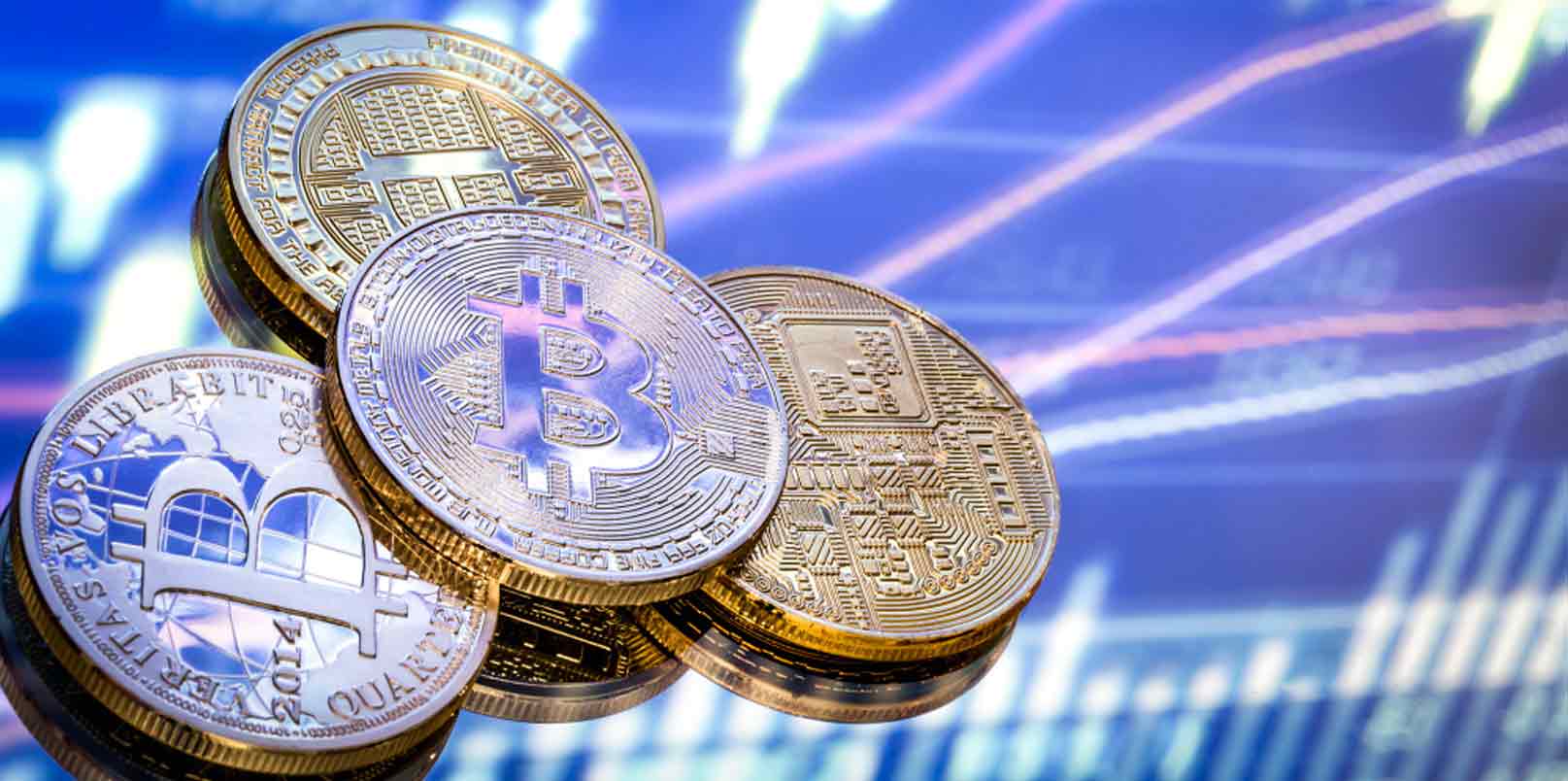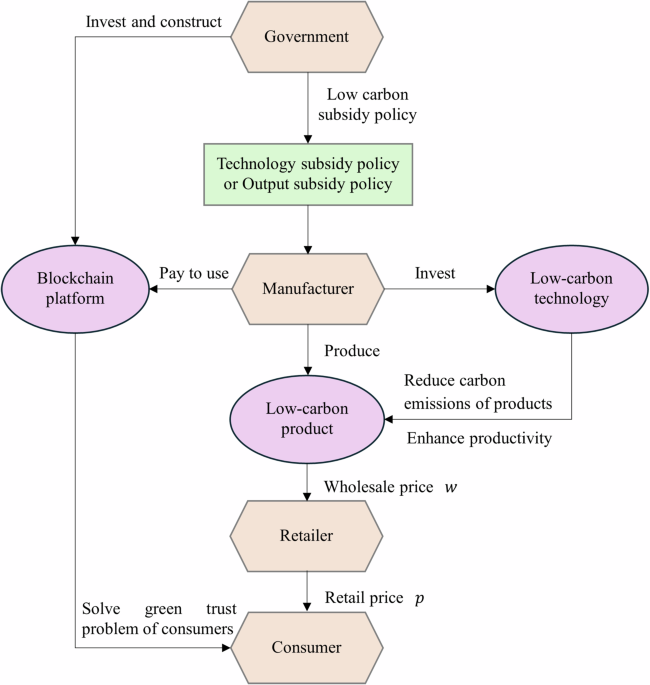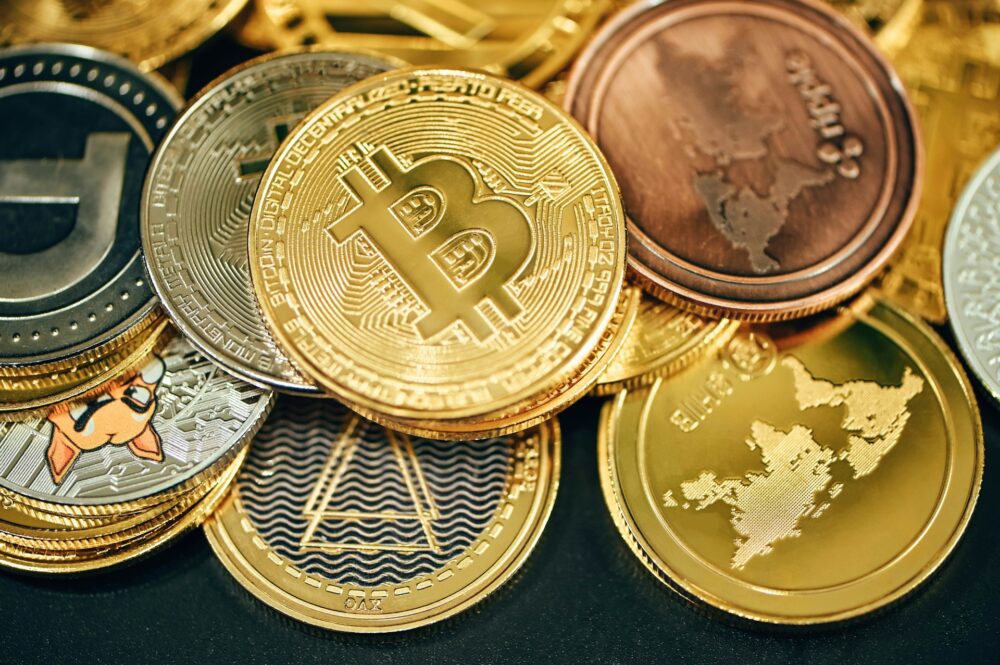Harnessing It For Business And Social Good

In the minds of many, blockchain technology may be synonymous with crypto. While blockchain does play a big role in that industry, it’s simply a tech tool—one whose potential applications range far beyond trading cryptocurrencies.
There are many ways a secure, transparent, tamper-resistant record could be leveraged both to ensure ethical business practices and support humanitarian efforts. Below, 16 members of Forbes Technology Council detail ways blockchain technology could be—and has been—a tool for promoting better business practices and helping humankind.
1. Sending Funds For Humanitarian Relief
Steep transfer fees and local inflationary instability can make it difficult to send value globally during a crisis. Blockchain-based ledgers can allow instant, global transfers of wealth without relying on local currencies or government stability. For example, the government of Ukraine accepted humanitarian donations via Ethereum, showing the reliability of a blockchain during a crisis. – Daniel Chong, Harpie
2. Guaranteeing Contract Fulfillment
Blockchain can be used to manage the disbursements of funds. Smart contracts can lock up funds until the terms of the contract have been met. This would give vendors confidence in getting paid and agencies the ability to hold vendors accountable by not approving payment until the conditions of a contract have been met. Since it’s a blockchain, the entire process is immutable and easily audited. – Daniel Sloan, Future Tech
Forbes Technology Council is an invitation-only community for world-class CIOs, CTOs and technology executives. Do I qualify?
3. Monitoring The Transport Of Perishable Vaccines
At my previous company, we implemented an L1 blockchain infrastructure to monitor the worldwide transport of Covid vaccines for AT&T. The endeavor faced challenges due to the involvement of multiple locations, vendors, trucks and ships, as well as the need to maintain precise temperature control during transit. Blockchain played a pivotal role in establishing trust among diverse vendors. – Ronen Cojocaru, 8081 Inc.
4. Coordinating Aid Delivery
Blockchain technology could increase traceability and transparency in humanitarian aid delivery via a tamper-proof, decentralized digital ledger that records and tracks, in real time, all transactions related to aid distribution. It could boost humanitarian financing, help coordinate aid delivery, track supply chains, and enable information and crowdfunding management and cash-transfer programming. – Dr. Vivian Lyon, Plaza Dynamics
5. Legitimizing Government Processes
Trust in government is important to ensure the proper application of the rule of law, which in turn can help governments serve the best interests of the population and avoid humanitarian crises. Blockchain can be a powerful instrument in legitimizing government processes, budgets and even elections by creating immutable, auditable trails of these processes, which leads to greater public trust. – Paulo Carvalho, Avantsoft
6. Helping Refugees Establish Their Identity
Blockchain’s power of trust can deliver benefits in meeting key, critical humanitarian needs. It can be used for identity management for refugees who have no documentation. It can track the authenticity and routing paths of humanitarian aid (both cash and goods). Finally, it can record the credentials of aid workers to prevent aggressor impersonations or infiltration. – Brian Reed, NowSecure Mobile
7. Ensuring Assistance Reaches The Intended Beneficiaries
Blockchain technology used in humanitarian efforts ensures transparent, efficient aid distribution. It tracks aid from donors to recipients, reducing mismanagement and corruption, enhancing accountability, and fostering trust. This system revolutionizes aid delivery, ensuring assistance reaches the intended beneficiaries effectively. – Bob Ras, Coreum
8. Managing The Blood Supply Chain
Knowing where products are is vital to any supply chain, but with blood donations and transfusions, lives are at stake. Blockchain can improve the effectiveness of blood donations by increasing the efficiency of the supply chain and providing a platform that encodes data safely and transparently. This guarantees the visibility, security and reliability of records within blood supply chain networks. – Jeff Wong, EY
9. Ensuring The Integrity Of Medical Supplies
Using blockchain to manage the supply chain of medical aid ensures the authenticity and integrity of pharmaceuticals and medical supplies. By keeping track of all transactions and movements on the blockchain, everyone can see where medical supplies come from and how they got to where they are. This openness lowers the chance of the distribution of fake drugs, makes tracking easier and ensures that the right supplies reach areas that are in crisis. – Przemek Szleter, DAC.digital
10. Delivering Direct Donations
Blockchain can be leveraged for secure and transparent aid distribution. Imagine donations directly landing in individual digital wallets accessible with unique IDs. Blockchain’s tamper-proof ledger tracks every transaction, ensuring funds reach the intended recipients, eliminating intermediaries and reducing fraud. This empowers vulnerable communities and increases trust in aid efforts. – Shelli Brunswick, SB Global LLC
11. Verifying Fair Trade Practices In Farming
Blockchain can empower small-scale farmers and producers in developing countries through fair-trade verification. By meticulously tracking the entire production and supply chain, it guarantees fair-trade verification, ensuring producers receive fair compensation. This transparent tracking system can significantly enhance the integrity and fairness of global trade. – Marc Fischer, Dogtown Media LLC
12. Predicting The Need For Relief Efforts
Blockchain technology can be used in predictive and mitigative measures—for example, to reduce the impact of climate change on vulnerable communities. AI algorithms and sensor data can be leveraged within a secure blockchain to track such issues and events as limited rainfall, crop failures, unhealthy soil, floods and droughts. This knowledge can provide an early warning that local or global aid may be needed. – Derek Martinez, Konica Minolta
13. Registering Academic Achievement
Implementing blockchain technology in education can empower vulnerable communities. Academic credentials stored on a blockchain can provide a secure and accessible record of an individual’s educational achievements. This not only facilitates easier recognition of an individual’s qualifications, but also empowers those in underserved regions to access employment and educational opportunities more effectively. – Jagadish Gokavarapu, Wissen Infotech
14. Opening Up Financial Services To Underserved Populations
Blockchain-based decentralized finance platforms can promote financial inclusion in regions lacking traditional banking infrastructure. With access to loans, savings and other financial services through decentralized and secure blockchain networks, vulnerable populations can have more control over their financial resources, fostering economic empowerment in humanitarian contexts. – Cristian Randieri, Intellisystem Technologies
15. Ensuring Ethical Sourcing Of Diamonds
Any humanitarian purpose that needs an immutable ledger of activity will benefit from blockchain technology. One way it’s already being applied is in tracking ethically sourced diamonds. Companies put diamonds’ “fingerprints” on-chain so buyers and sellers can track them from the mine to the consumer. This helps to prevent “blood diamonds” from reaching the market and to address issues related to unethically sourced diamonds. – Jordan Yallen, MetaTope
16. Holding Mining Companies Accountable For Eco-Friendly Practices
One use of blockchain technology is promoting eco-friendly mining practices. A blockchain can be used to record mining operations on an immutable ledger, hold companies accountable for eco-friendly practices, and reduce the environmental impact of resource extraction. Whether it’s fighting child labor or fostering transparency within the supply chain, blockchain is a powerful tool, and now there are carbon-friendly alternatives. – Joe McCunney, Scalar Labs
link






